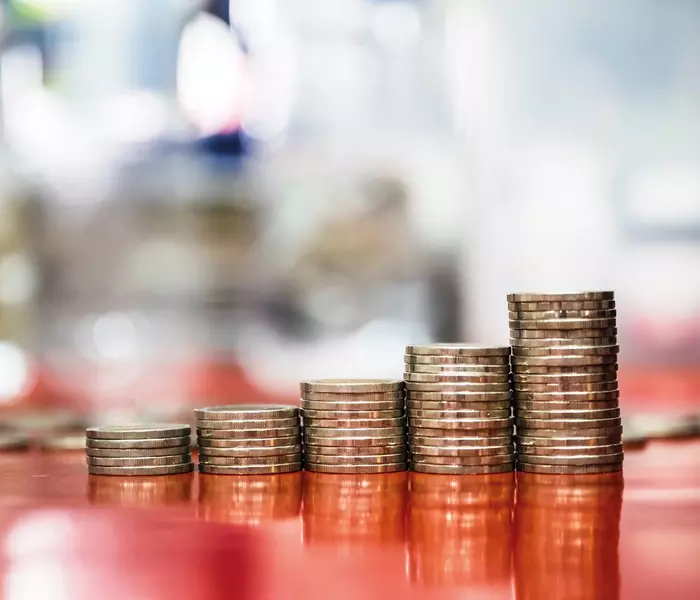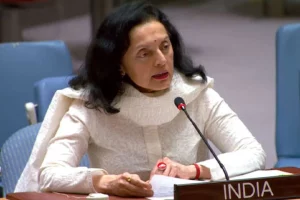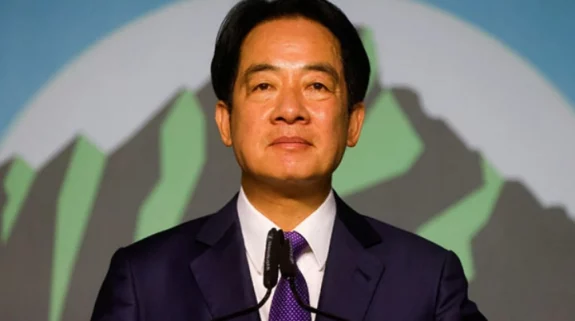Several African governments including those of Democratic Republic of Congo, Ghana and Guinea are increasingly becoming wary of infrastructure deals inked with China—a few of them have even started striking back.
Foreign policy watchers told India Narrative that “almost all these deals are mired in controversy” as reports of rampant corruption relating to kickbacks and lack of transparency appear.
Recently, Democratic Republic of Congo’s President Felix Tshisekedi asked for a renegotiation of a $6 billion contract, signed between its commodity trading and mining company Gecamines and a consortium of Chinese firms led by Sinohydro and China Railway Engineering Corporation. The contract was aimed at developing a copper and cobalt mine.
“Chinese infrastructure-for-minerals deals across Africa are coming under growing scrutiny amid concerns that the promised benefits have failed to materialize,” South China Morning Post said in a report.
Also read: Biden to host Kenyan president on Thursday: White House
According to the report, the Congo government has highlighted that it has not benefited much from the arrangement though Beijing says it has built several projects in the Central African nation despite obstacles, including lack of power to develop the mine.
Similarly, in Guinea, interim President Col Mamady Doumbouya, who led a military coup to oust elected President Apha Conde promised to weed out corruption. Located in West Africa, the country is among the largest producers of bauxite—a key raw material used to make aluminium. This has also led to worried for a host of Russian and Chinese companies that have large investments in the country.
“These projects lack transparency, so we do not know the exact implications but with the outbreak of the Covid 19 pandemic, things have now come out in the open. The spotlight in on the Chinese companies and their way of operation,” DK Srivastava, chief policy adviser, EY India said.
Also read: Kenya raises $149,000 for elephant conservation
Among the African countries, Angola, Ethiopia, Kenya, Sudan, Congo, Zambia, Cameroon, Nigeria top the list of countries with a high level of debt.
In June, Kristalina Georgieva, Managing Director, International Monetary Fund said that debt levels—which were already elevated before the pandemic—have increased sharply. Public debt in sub-Saharan Africa jumped by more than 6 percentage points to 58 per cent of GDP in 2020, the highest level in almost two decades, she said.
“Africa is now facing the world’s fastest growth rate for new COVID cases, with an exponential trajectory even more alarming than during the second wave in January,” Georgieva added.
The Carnegie Endowment for International Peace in a study noted that while China is the largest bilateral lender for public sector loans across the African continent there is little information on the specifics of the lending and investments.
The study added that China has been following the resource-backed lending model —in which the borrowing country commits future revenues to be earned from its natural resource exports to pay loans secured from creditors.




















